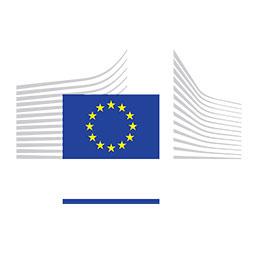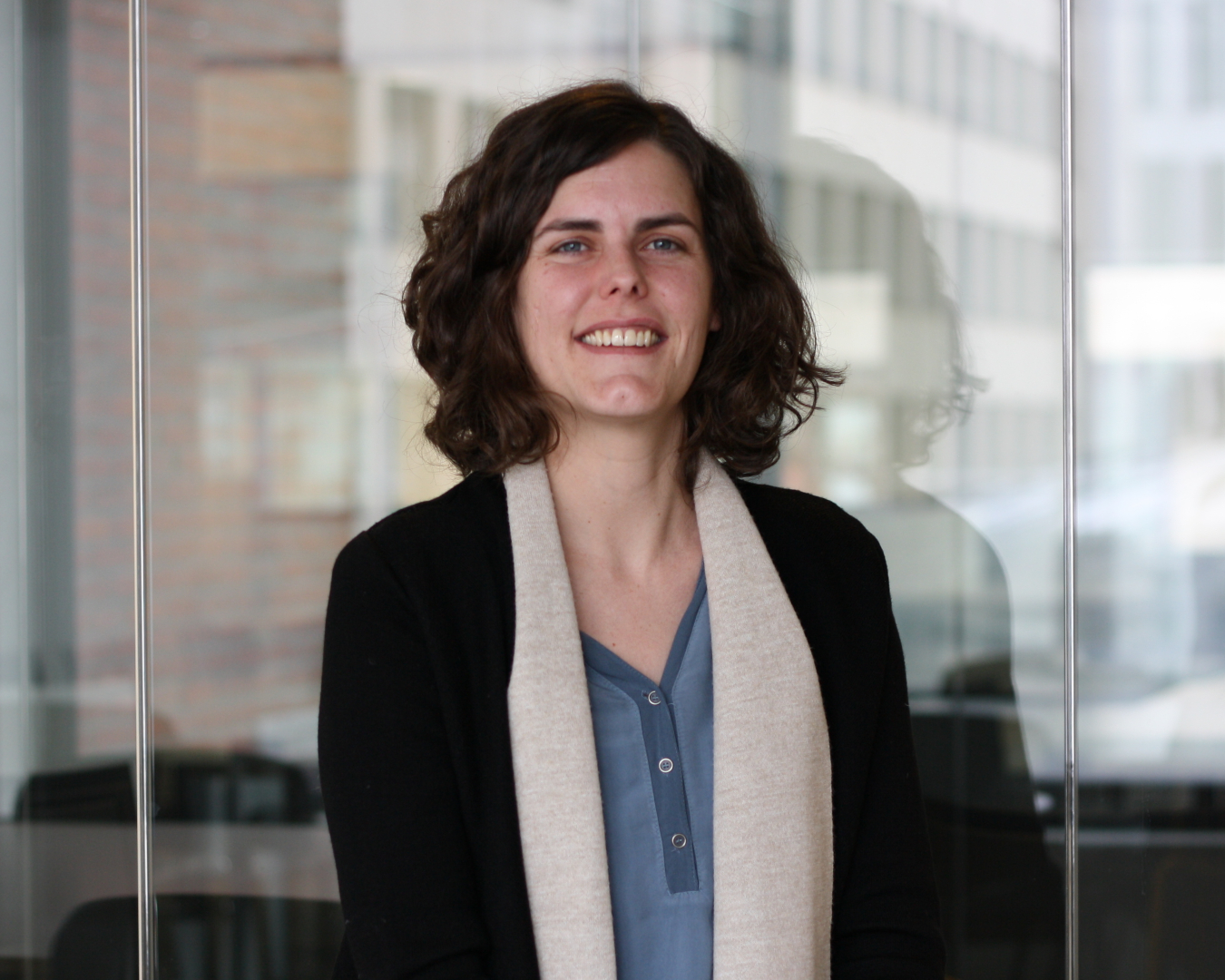We work on more than 300 projects every year.

Knowledge ecosystems in the new ERA
Lidia Núñez López
The challenge
In September 2020, the European Commission published its Communication on ‘A new ERA for Research and Innovation’. This document included the vision for a renewed European Research Area and four main objectives: prioritising investments and reforms, improving the access to excellence, translating R&I results into the economy, and deepening the ERA.
The Knowledge Ecosystems in the new ERA study, commissioned by the DG Research and Innovation (European Commission), was designed to provide evidence and recommendations to support the implementation of these new objectives.
The study focused on four levels of analysis: knowledge ecosystems, universities and research organisations, individual researchers as well as legal and financial measures supporting research careers and cooperation.
The process & results
The study provided a solid evidence base to assess how knowledge ecosystems across the ERA are organised, how they could be strengthened, both at the individual talent and organisational level, and how their attractiveness for talents and for investments can be addressed.
Together with our partners, IDEA developed a comprehensive analysis of the state of play, the design of monitoring mechanisms, and the creation of a toolbox of support measures.
Among the most relevant contributions, IDEA was responsible for:
- The development of ResearchComp, a tool that helps:
- researchers assess and develop their own transversal skills;
- higher education institutions and training providers adapt their offer to researchers; and
- employers to be aware of the wide set of competences of researchers.
- The mapping of brain drain dynamics in Europe and the identification of potential solutions. Together with its partners, IDEA developed quantitative indicators based on MORE data and a scientometric analysis. The key indicators were presented in an interactive talent circulation map. 19 countries were identified with a potential brain drain issue or displaying a low degree of talent circulation. Desk research and interviews were set up to identify and understand the causes of brain drain and to identify pathways to improve talent circulation. The identified pathways were validated in an expert workshop and were further developed and reported in a policy brief for the European Commission. More information is available here.
- The recommendations for the design of an EU observatory for research careers, which focused on the monitoring of researchers´ skills, working condition and mobility patterns. The follow up of these recommendations is now being implemented jointly by the European Commission and the OECD through the “Research and Innovation Careers Observatory” (ReICO).

